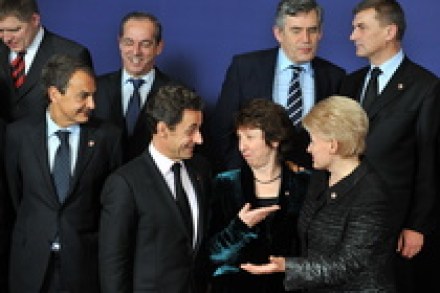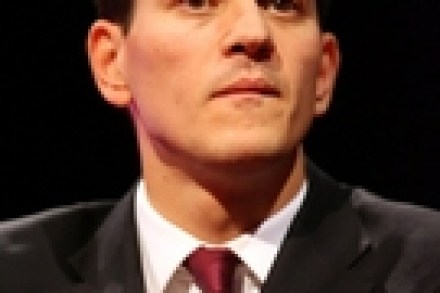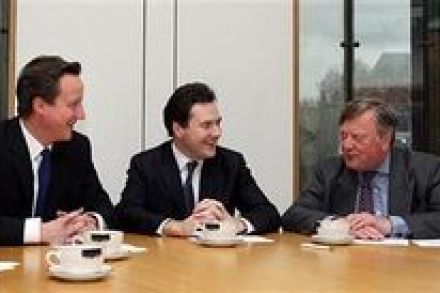Behind the closed doors of Brussels
Today’s Times carries a cracking account of all the wheeling and dealing that went on during the EU jobs fair this week. Here are some of the most striking points that I’ve culled from it: i) Brown rejected advice from Mandelson and other ministers that he should try and secure one of the EU’s financial roles for a British candidate. ii) There are claims that Brown was “persuaded” into accepting the EU High Representative role for Britain by Europe’s Socialist leaders along with José Manuel Barroso. iii) There are also claims that Brown did a deal with the French to get Baroness Ashton appointed, by which a French MEP, Michel















